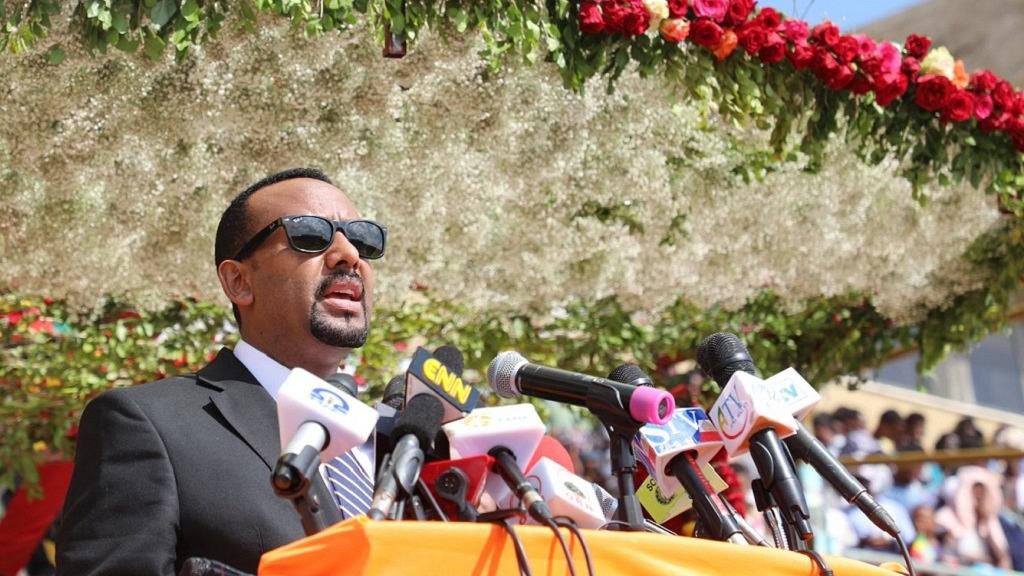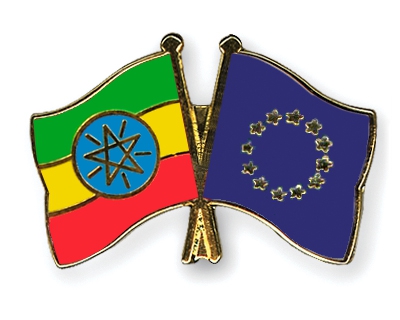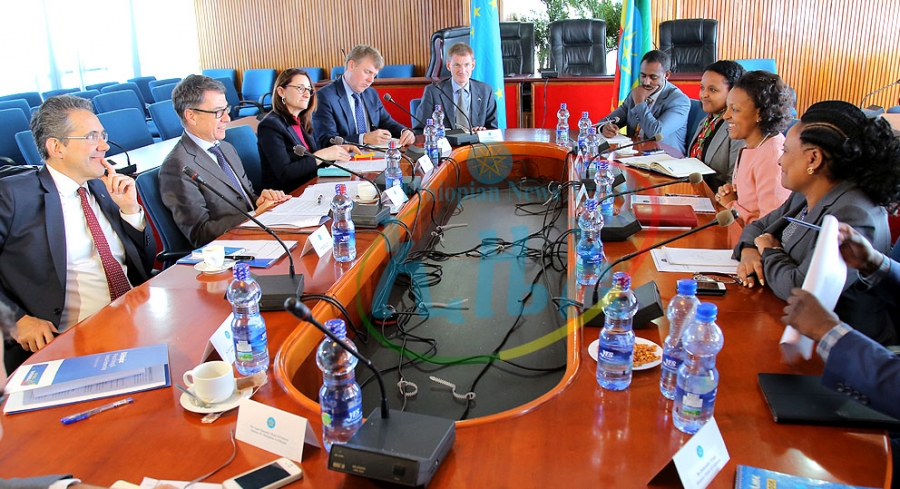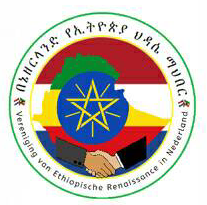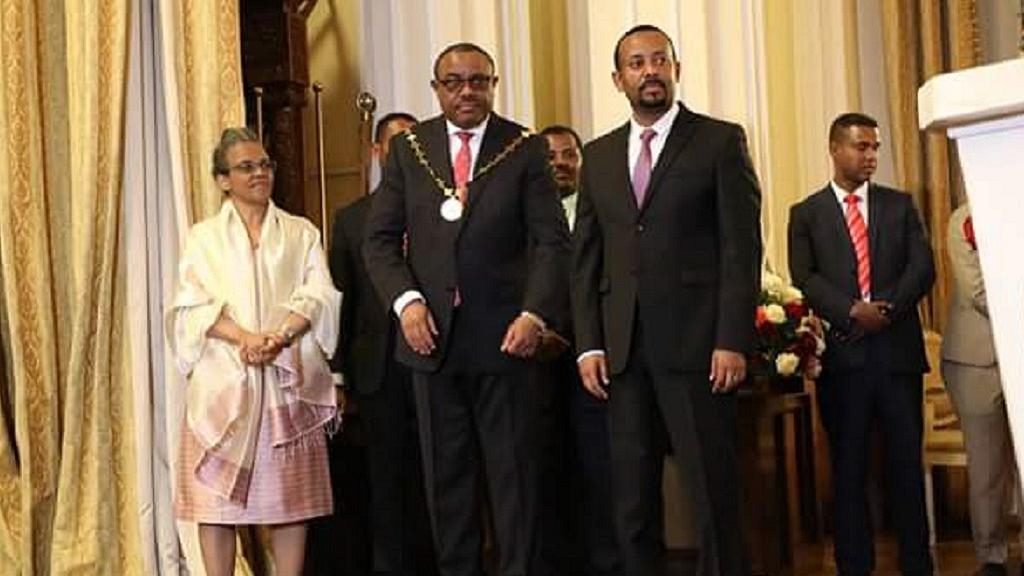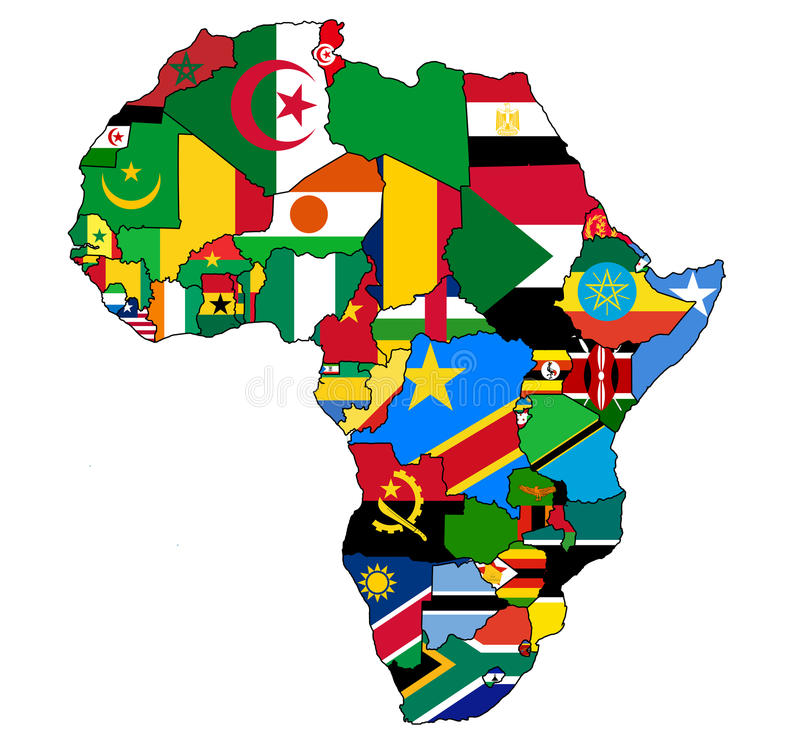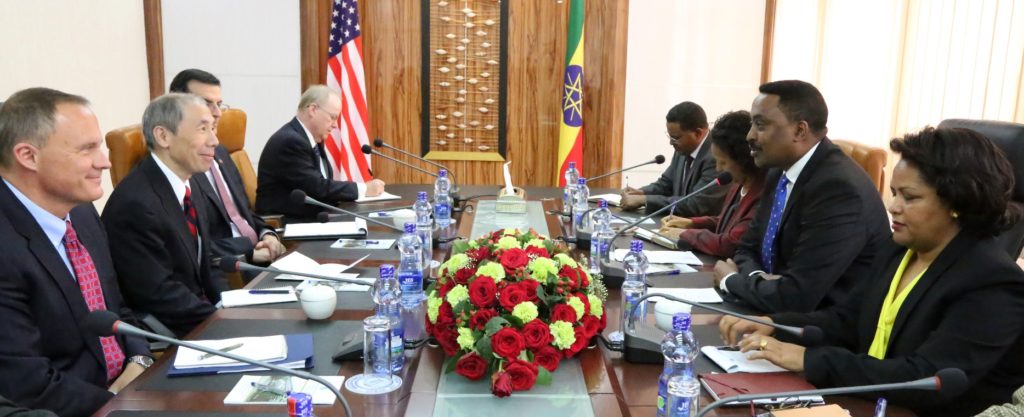
U.S. Acting Assistant Secretary of State for African Affairs Donald Yamamoto wrapped up his three East African nations tour on Friday 27 April with a pledge to boost economic and security ties with Ethiopia.
Yamamoto, who started his East Africa tour in Eritrea on Monday 23 April and then went to Djibouti on Wednesday 25 April, arrived in Ethiopia on Thursday with economic, peace, security issues being priorities for discussion.
Speaking to reporters in the Ethiopian capital Addis Ababa, Yamamoto said the U.S. administration led by President Donald Trump sees Ethiopia as a key partner in economic and political issues.
“We discussed a wide range of issues particularly initiatives President Trump is looking at positioning the U.S. in making it a clear and critical partner not only for Ethiopia but for all of Africa on economic development, trade and investment,” he told reporters.
Yamamoto especially singled out Ethiopia’s ambitious industrialisation drive which aims to make the country of around 100 million an industrialised middle-income economy by 2025.
“The U.S. government has expressed keen interest to engage in Ethiopia’s industrialisation drive, in addition, they want to help Ethiopia add value on agriculture, to help Ethiopian goods be able to be exported to U.S. market,” he said.
Meles Alem, Spokesperson of Ethiopia Ministry of Foreign Affairs (MoFA), told journalists that the U.S. is very keen on a partnership with Ethiopia on specific sectors.
“Yamamoto and his Ethiopian counterparts have reached agreement on how they can proceed on energy and aviation partnership,” said Alem.
The discussion between Yamamoto and Ethiopian officials also touched upon regional and continental peace and security issues.
Alem mentioned discussions focusing on how to end the civil war in the world’s youngest nation, South Sudan, and to counter the threat of Islamic militancy in Somalia.
Ethiopia has been the main base for South Sudan peace talks ever since civil war broke out in December 2013 and is currently hosting about half a million South Sudanese refugees.
Ethiopia is also a major troop contributing nation to a peacekeeping force in Somalia known as the African Union Mission in Somalia (AMISOM), which since 2007 has been trying to counter the threat of Al-Qaida linked militant group Al-Shabab and support a fragile Somalia federal government based in Mogadishu.
Yamamoto commended Ethiopia’s efforts to bring about peace in South Sudan through its chairmanship of the East Africa Bloc, the Inter-governmental Authority on Development (IGAD).
He pledged full U.S. support for efforts led by Ethiopia and IGAD to end South Sudan’s brutal civil war which has killed tens of thousands and displaced about 4 million people.
Yamamoto also told journalists the U.S. is keen to partner with Ethiopia to help Somalia build institutions and to help security coordination between Somalia federal government and regional administrations.


